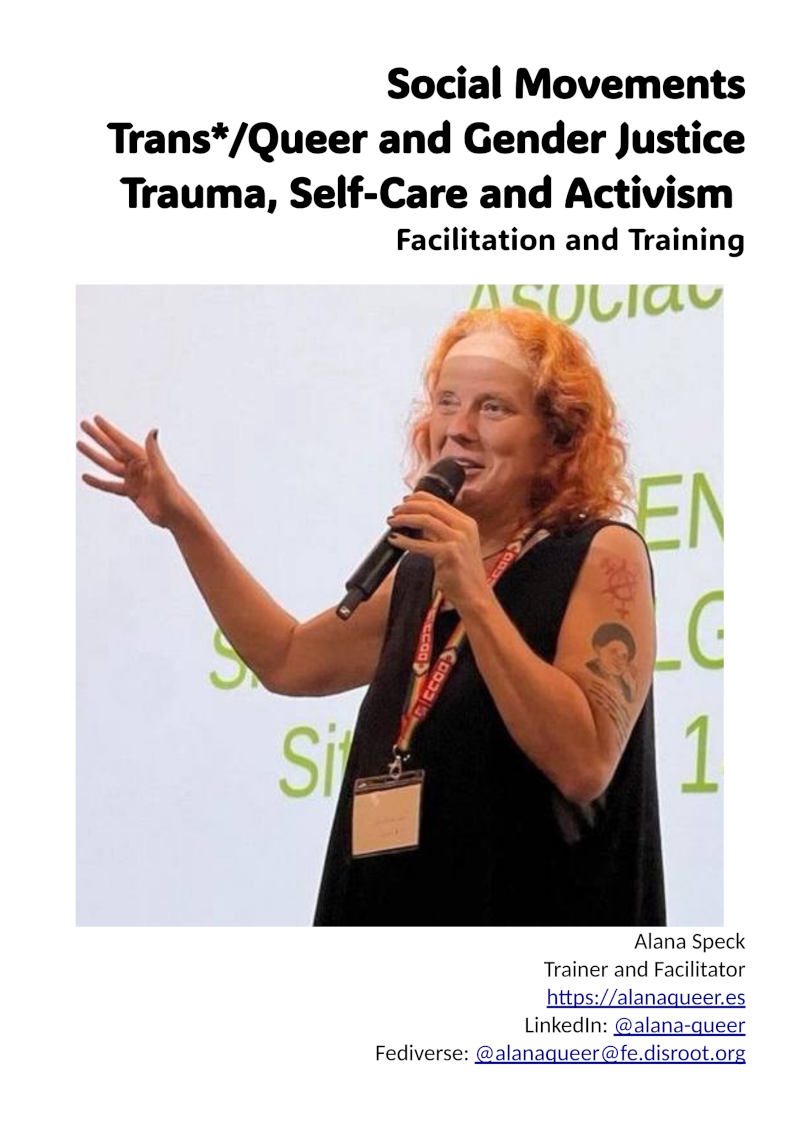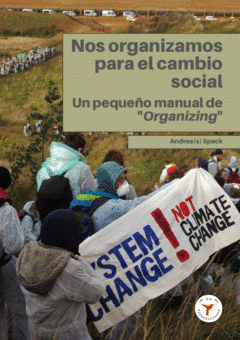Training and facilitation
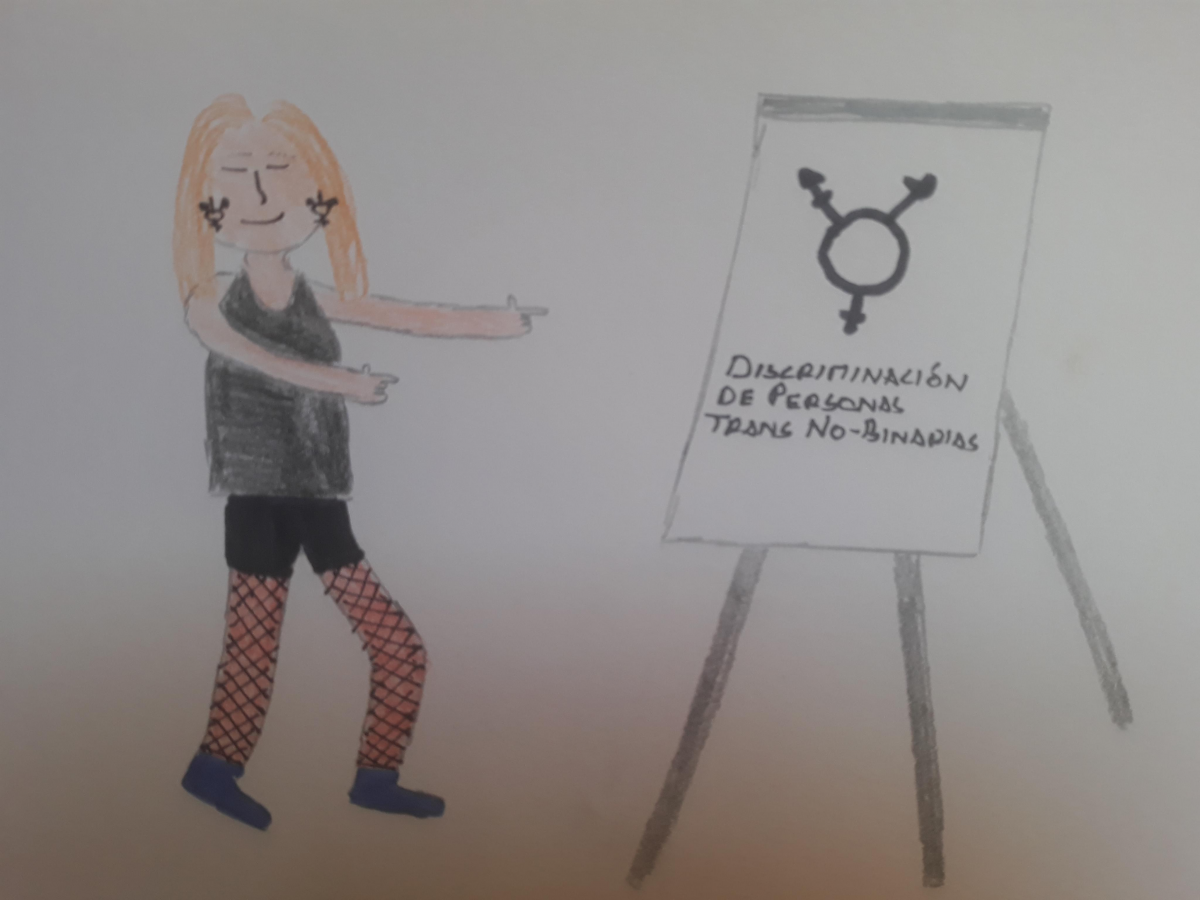 I am providing trainings, workshops, and facilitation of meetings or group processes with a special focus on issues of gender identity, gender justice and trauma, self-care and activism. Below you find an overview of some of the possible training or workshop options.
I am providing trainings, workshops, and facilitation of meetings or group processes with a special focus on issues of gender identity, gender justice and trauma, self-care and activism. Below you find an overview of some of the possible training or workshop options.
Feel free to contact me if you want to know more. I am looking forward to hearing from you.
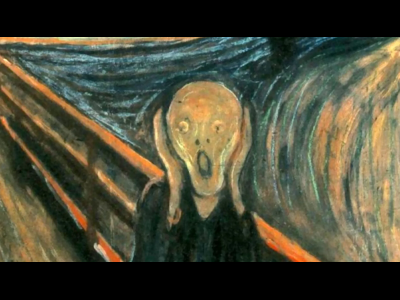
Let's face it: activism for human rights, gender justice, climate justice, can lead to burnout, or even to being traumatised. How we feel, and especially when we are struggling with burnout, posttraumatic stress or depression, either as a result of our activism or of other events in our lives, can have a huge impact on how we function in our activist groups, and this impacts the functioning of the group.
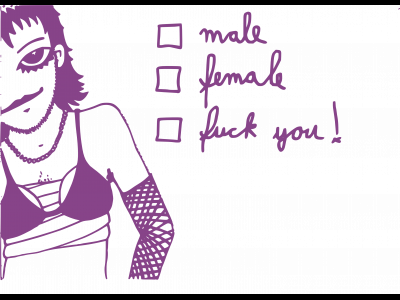
Cisgender, transgender. Genderqueer, genderfluid, agender, bigender, ... What is gender? What is gender identity? What are all these terms about? Workshops on gender identity aim to explore the different aspects of the gender identity of participants, their intersectionalities, and the possibly subtle shifts of their gender identity over time.

As trans*, intersex, nonbinary or agender (=TINA) persons, we are especially vulnerable in civil disobedience action. Let's talk about it!
“[strategy] is how we turn what we have into what we need to get what we want. It is how we transform our resources into the power to achieve our purposes. It is the conceptual link we make between the targeting, timing, and tactics with which we mobilise and deploy resources and the outcomes we hope to achieve” (Marshall Ganz, 'Why David Sometimes Wins'). Defining strategy is like trying to hit a moving target; we can name and describe some of the elements within it (organising, messaging, an aim, the available people, skills and resources...) but it is really the interaction between all of these different elements that make strategy what it is.
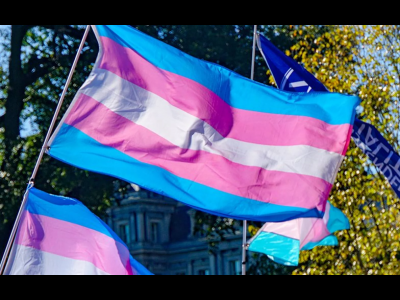
Trans* and non-binary students are often less open about their identity at school or university than other LGBTIQA+ students. They also face specific challenges due to transphobia in society in general and by their peers. Even though in many countries or regions protocols exist for supporting trans* students at school, teachers and schools are often unaware, and even if they are aware, have little idea about the lived reality of trans* and non-binary students and the unique challenges they face.
These workshops or courses are aimed at equipping teachers with knowledge and tools to help them acompany trans* and non-binary students, and to reflect on their own cisgender privileges.
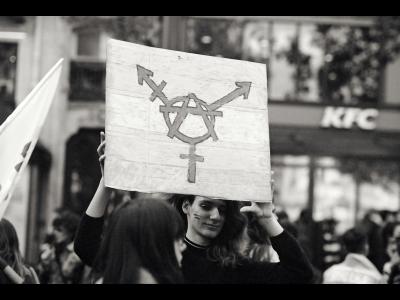
Gender justice is more than equal opportunities for men and women. For a start, there are more than two genders, and more than two sexes (yes, there are intersex people). But also, gender justice is about justice, about living free from all forms of discrimination, which includes an intersectional perspective. There is no gender justice within capitalism.
Contact me
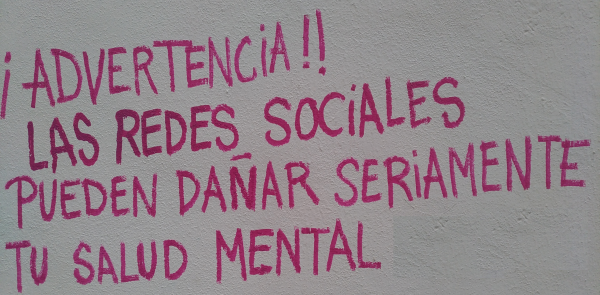 I am available for trainings, workshop, facilitation of meetings, design and accompaniment of strategy development processes, or talks (even though I prefer more participatory formats).
I am available for trainings, workshop, facilitation of meetings, design and accompaniment of strategy development processes, or talks (even though I prefer more participatory formats).
My main topics are nonviolence and nonviolent strategies, gender and gender justice from a transfeminist and queer perspective, and trauma and self-care in activism. But I also work on issues of climate justice, social justice and social movement organizing.
I am looking forward to hearing from you! Please contact me via my contact from.
Fediverse: @alanaqueer@fe.disroot.org

